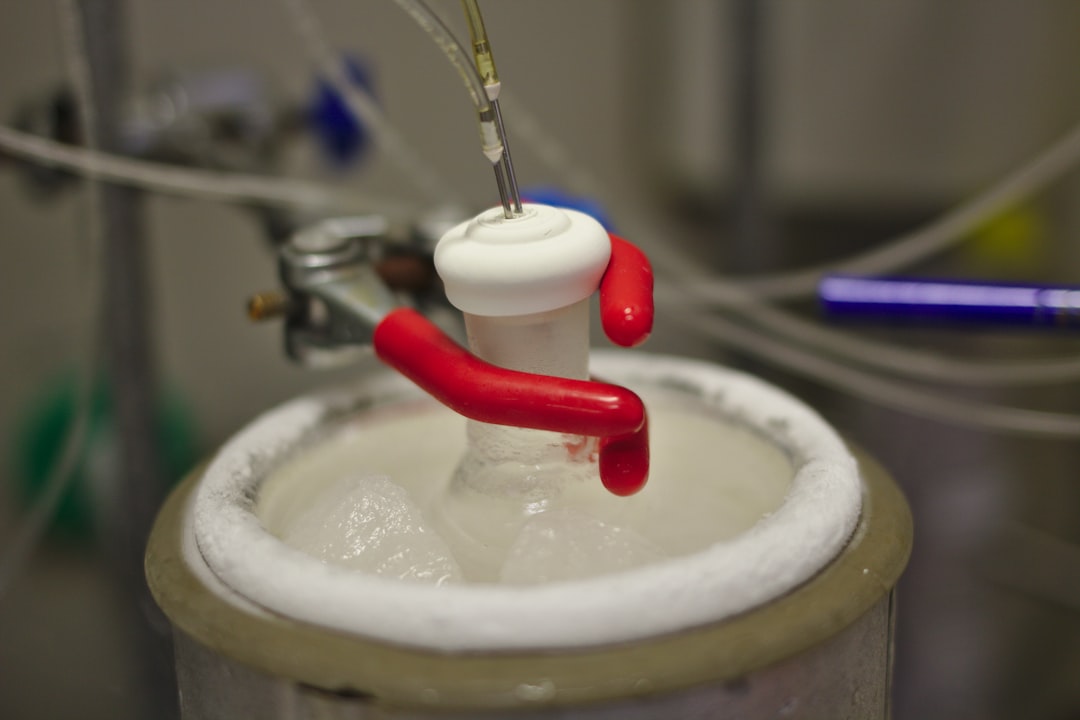What is it about?
A thienopyrimidine antitubercular was found to be metabolically unstable in mouse liver microsomes in vitro. Steps were taken to modify the molecule that was chemocentric and involved understanding the metabolic fate of the initial hit in vitro.
Featured Image
Why is it important?
Mouse metabolic stability is an important ADME property which can determine whether an antitubercular has in vivo efficacy in the mouse. Therefore modifying the structure to maintain the in vitro activity and improve the metabolic stability is a challenge.
Perspectives
This work was partially funded by a project that we are developing open source technologies for, I am therefore keen to see what ADME properties we can predict and whether we can improve our ability to optimize metabolic stability.
Dr Sean Ekins
Collaborations in Chemistry
Read the Original
This page is a summary of: Evolution of a thienopyrimidine antitubercular relying on medicinal chemistry and metabolomics insights, Tetrahedron Letters, June 2015, Elsevier,
DOI: 10.1016/j.tetlet.2015.02.129.
You can read the full text:
Contributors
The following have contributed to this page










